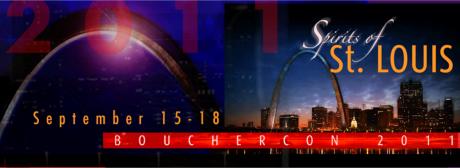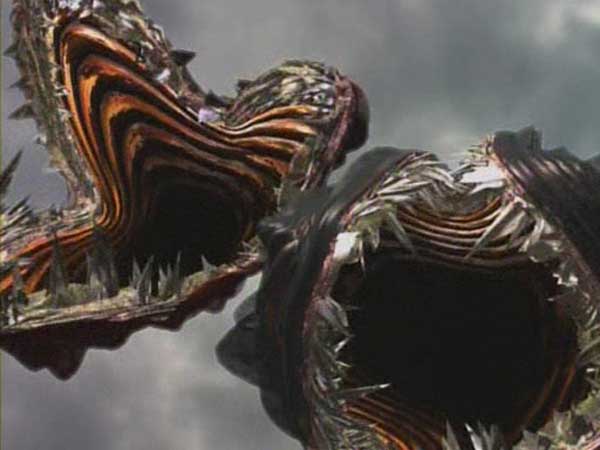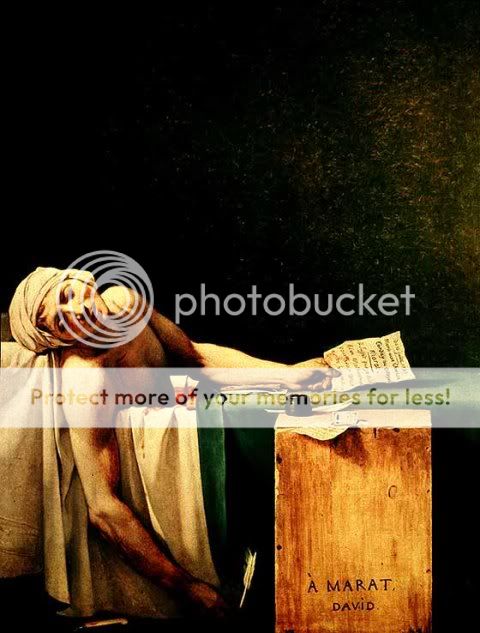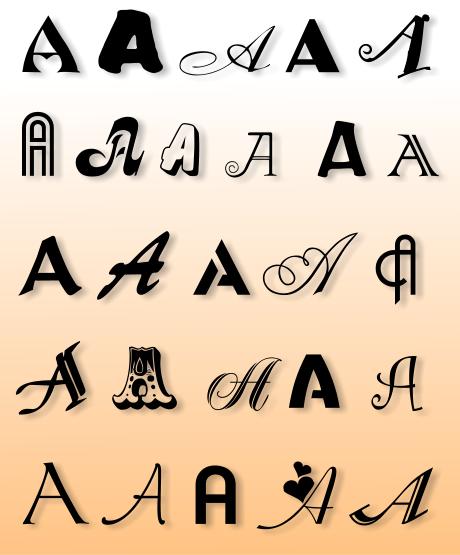Monday, August 15: The Scribbler
LIES, DAMN LIES, AND MYSTERY FICTION
by James Lincoln Warren
Bouchercon 2011 is just around the corner, September 15 through 18, in St. Louis, MO. This year there will only be two of us Criminal Briefers attending, Steve Steinbock and me. Both of us have been assigned to moderate panels, and both of our panels have been scheduled for the crack of dawn. OK, I exaggerate, but for such night owls as we mystery writers tend to be, 8:30 a.m. is the crack of dawn’s moral equivalent.
Steve’s panel, “All About Eve: Creating believable female characters”, is at 8:30 a.m. on Friday, Sept. 16. Fittingly, he’s the only male on the panel, the others being Sandra Brannan (Steve’s recent visit to whom is chronicled here), Vicki Hendricks (with whom I once served on a MWA short story anthology jury), Sara Henry, Nora McFarland (who was one of the people who assisted me in creating my own believable female character, Erica Wooding), and Cathi Stoler (who sat with Steve, Nora, and me at three-time Agatha for Best Short Story nominee Elizabeth Zelvin‘s table earlier this year at Malice Domestic). It should be a fun panel and I look forward to it.
My panel is on Sunday, September 18, at 8:30 a.m. As if Saturday night at Bouchercon isn’t one big party. I therefore think it is likely that many persons will be more interested in their pillow than in the panel. But not all.
On the positive side, it is the only panel on Sunday at 8:30—Steve has to compete with four others. And on the really positive side, I have a stellar group of authors: Sara Blædel, a wildly popular mystery writer in Denmark who is making her début to American audiences, Bruce DeSilva, whose novel Rogue Island walked away with the Edgar for Best First Novel by an American Author this year, the bestselling and much-loved Carolyn Hart, the critically acclaimed Julie Kramer, and Edgar-nominee Craig McDonald.
The title of the panel is “Justice Painted Blind: Truth in reporting”. You see, O Gentle Reader, what all of my panelists have in common is that at one time or another they have all had (or now do have) careers in print or television news. I actually pitched this panel to the Bouchercon organizers, and so I was very pleased when I got it, because I’m interested in hearing these brilliant writers teach us about what separates reporting fact and telling fiction, and how both are used to demonstrate truth.
All five of the panelists know what it means to track down the facts behind a story and present them to the public in a coherent way, upholding the reporter’s ethical standards in reporting as accurately as possible. But all five of them also know how to present an fictional story, where if nothing else the circumstances are invented. I want to find out how and why they made the transition from one to the other, because it is my belief that fiction can be made to present higher truths than mere facts.
I’m not just talking about achieving verisimilitude in fiction, the importance of which I’ve covered here before. What I’m interested in is the purpose of fictional narrative, as seen through the eyes of professionals with a foot in both camps.
One thing every writer wants is to tell a meaningful story, one that will resonate with the readers and stimulate them in some way in their very real lives. You can’t do that by doing nothing but telling lies; in the end, what is told in a story has to have some bearing on human experience that is not illusory.
Perhaps the most obvious example of what I mean is the fable. Aesop’s world was populated with animals capable of human speech. Now, we all know that animals do not really talk. But because Aesop’s tales were intended to impart wisdom, to make some ethical point, they are promoting truth. Jesus had a similar explanation for why he taught in parables: “And he said, Unto you [i.e., his disciples] it is given to know the mysteries of the kingdom of God: but to others in parables; that seeing they might not see, and hearing they might not understand.” (Luke 8:10)
As far as the topic goes, I more interested in mundane than sacred mysteries, but the point is still valid. Not all fiction is fable or parable, but I think that most crime writers at least have a distinct interest in the nature of justice, and the administration of justice is fundamental to social order. It is often said that writing is a solitary activity, but that old saw is extremely misleading, because reading is the ultimate social activity, one that is capable of transcending all the boundaries of human existence while ultimately affirming what it means to be a human in the first place.
So I hope you will join us. I’m going do my best to make the most of the opportunity. I only hope that the subject won’t be too obtuse for everybody in the audience nursing a hangover.


























